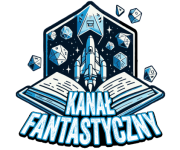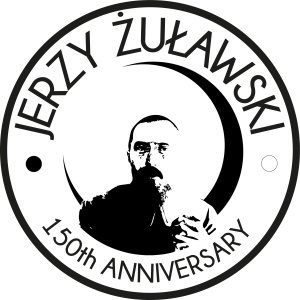
Celebrations of 150th birthday of Jerzy Żuławski
The year 2024 marks the 150th anniversary of the birth of Jerzy Żuławski – a novelist, poet, playwright, and philosopher, and above all, one of the Polish pioneers of science fiction, who not only inspired creators of global culture but also foresaw one of the elements of humanity’s technological conquest of space.
On March 21 of this year, the Polish Science Fiction Foundation (PFFN) announced the start of nationwide celebrations for the 150th birthday of Jerzy Żuławski. The anniversary of the Polish writer’s birthday will be on July 14, 2024. More organizers of scientific and cultural events related to astronautics and science fiction literature have joined the anniversary partnership. Among the partner initiatives, officially endorsed by the anniversary logo, the following events were included:
– European Rover Challenge 2024 (EFK)
– Copernicon 2024 as a Polcon event (Thorn)
– VII Space Resources Conference (AGH)
– Consultative Space Conference 4.0 (Ad Astra)
– World Space Week Wrocław (WroSpace)
– IV Futurological Congress (PFFN)
– Analog Mission “Żuławski” (Lunares)
The Żuławski Analog Mission is a scientific isolation study that simulates a lunar expedition with a team of analog astronauts. This team will reside and work within the LunAres Research Station, an analog habitat designed to emulate the functionality of a future lunar outpost, including conducting moonwalks in a secluded moonyard. During their mission, the crew will not only run various experiments and conduct studies but also serve as research subjects themselves in several sociological and psychological experiments focusing on team dynamics and isolation. Throughout their stay, they will have access to a broad range of classic science fiction literature to enjoy during their downtime. After the isolation period concludes, the crew will have the opportunity to share their experiences with Polish science fiction writers in a panel discussion, exploring the contrasts between literary fiction and the realities of analog missions.
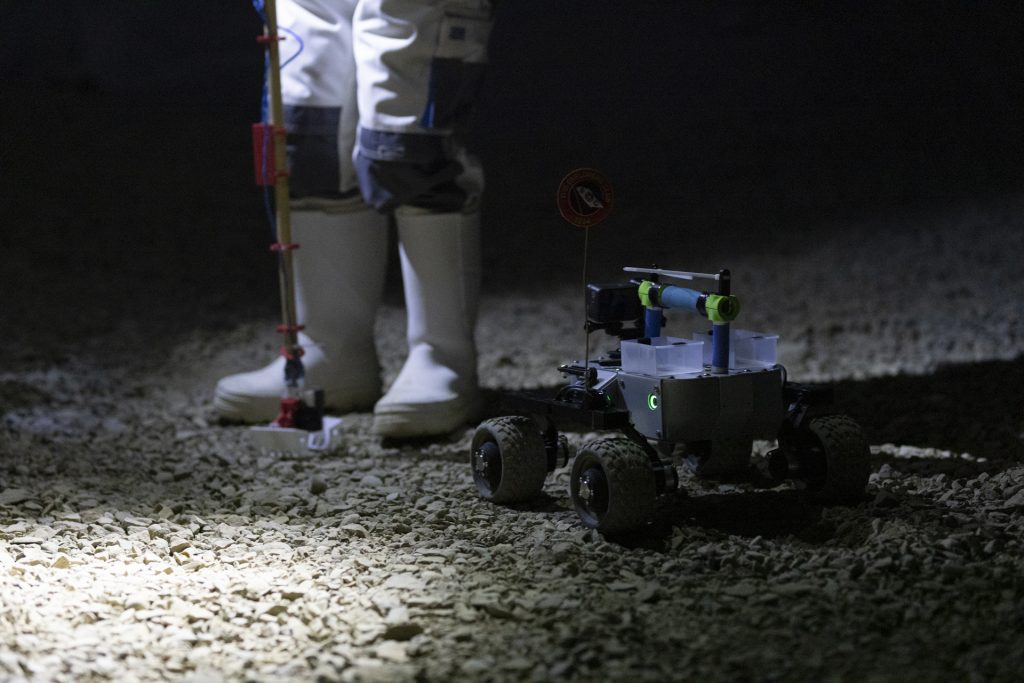
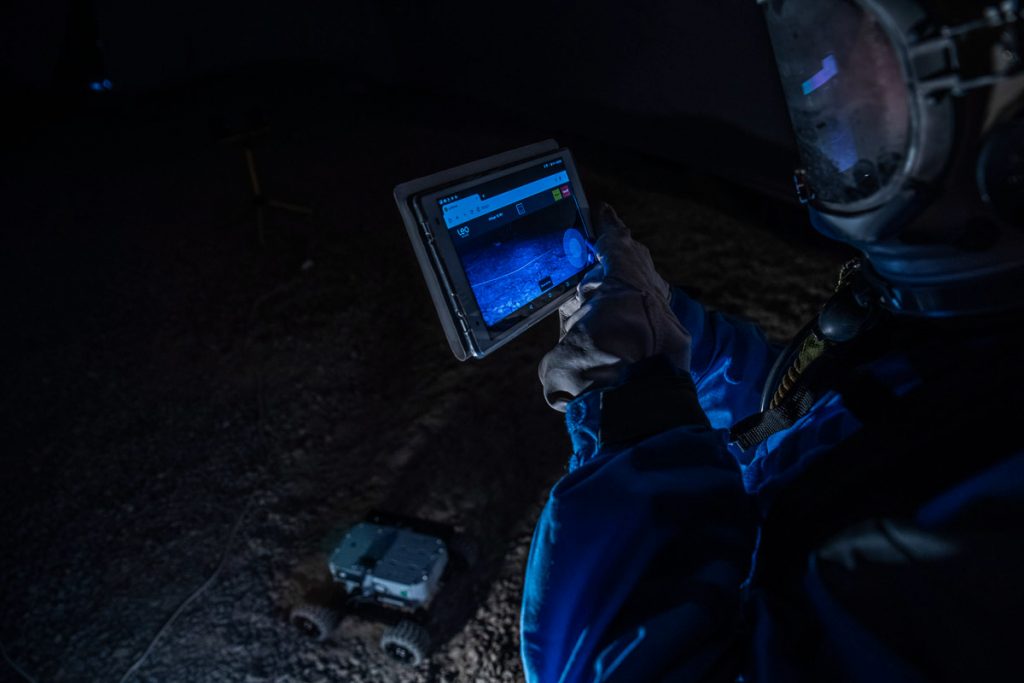
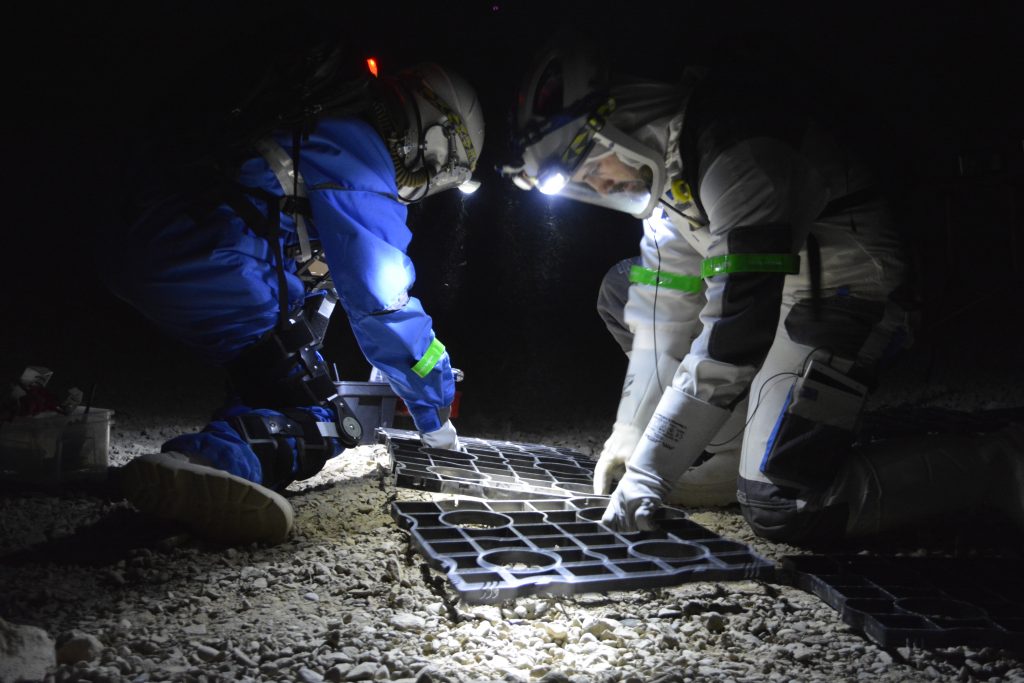
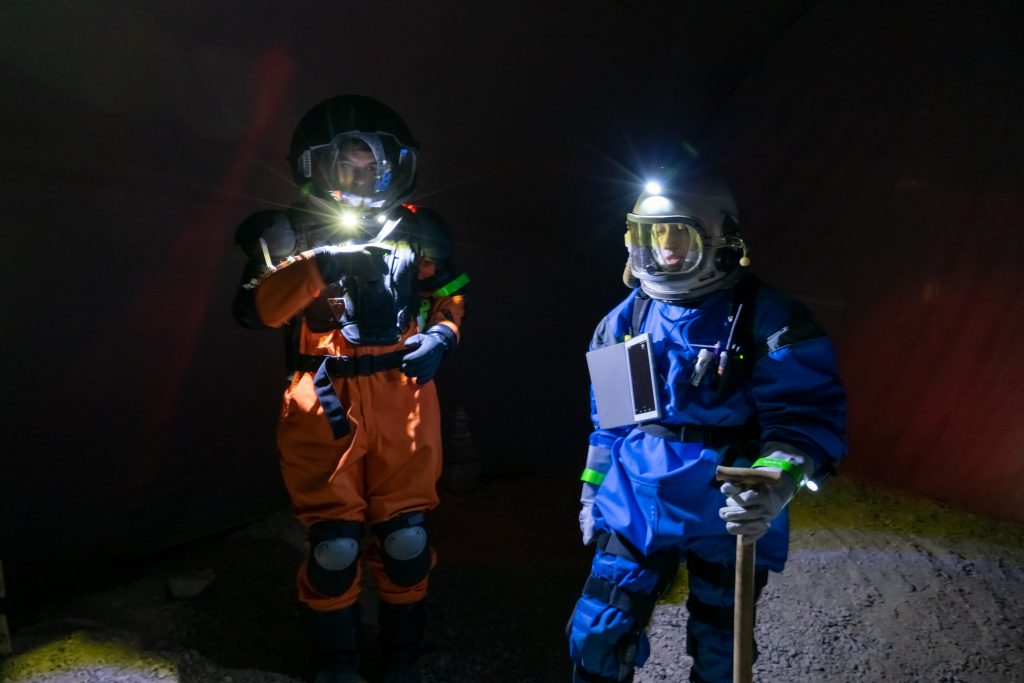
About Jerzy Żuławski
Born on July 14, 1874, Zulawski was an extremely versatile artist: he wrote both dramas with historical and contemporary themes, in his time eagerly staged in theaters, poetry and various prose genres: short stories, novellas, novels and philosophical essays.
Zulawski as a thinker was primarily interested in civilization and social processes. He externalized these very reflections in the work that secured his status as one of the forerunners of Polish science fiction literature – that is, in the so-called Lunar Trilogy (Trylogia Księżycowa), which consists of novels: On the silver globe (Na srebrnym globie, 1903), The Victor (Zwycięzca, 1910) and The Old Earth (Stara Ziemia, 1911).
Zulawski’s work tells the story of a tragic expedition to the Moon, which results in the creation of a new civilization – and with it a religion and social structure – cut off from the sources of earthly culture. Developed over three volumes, the pessimistic vision of the emergence, development and demise of culture, crossed with a fractious technical ingenuity for the time, inspired many creators: the greatest figure of Polish science fiction, Stanislaw Lem, Andrzej Zulawski (the writer’s cousin’s grandson), who made a breakneck attempt to transfer his novel On the silver globe to the screen, or contemporary speculative fiction authors, the most explicit tribute to Zulawski being paid by Chris Beckett in his novel Dark Eden. The work of the author of the Lunar Trilogy also proved to be a precursor to projects for a manned expedition to the Moon.
It was Jerzy Zulawski who was the first speculative fiction writer to create a vision of a lunar vehicle. We know this thanks to the preserved correspondence of the writer’s son, Juliusz Zulawski, with Mieczyslaw Bekker, a Polish engineer who was involved in the LVR (Lunar Roving Vehicle) project for the Apollo program. As summarized in the February 2, 1975 issue of Przekroj: A strange but how telling coincidence. A Polish writer creates a vision of a lunar vehicle, which, thanks to a Polish engineer – several decades later – becomes a reality.


